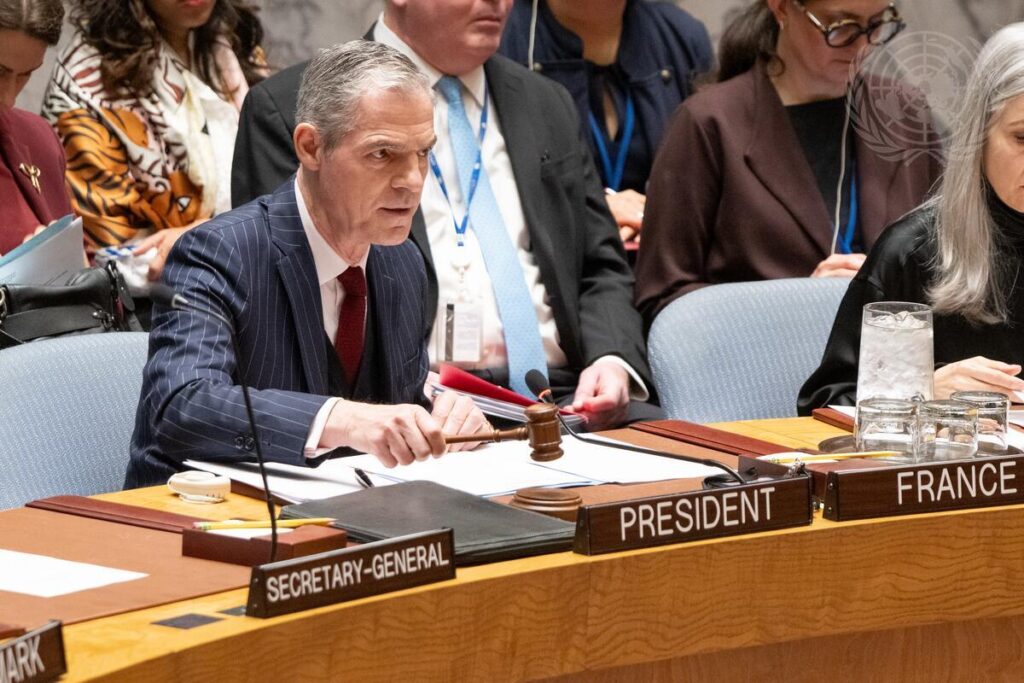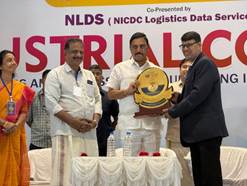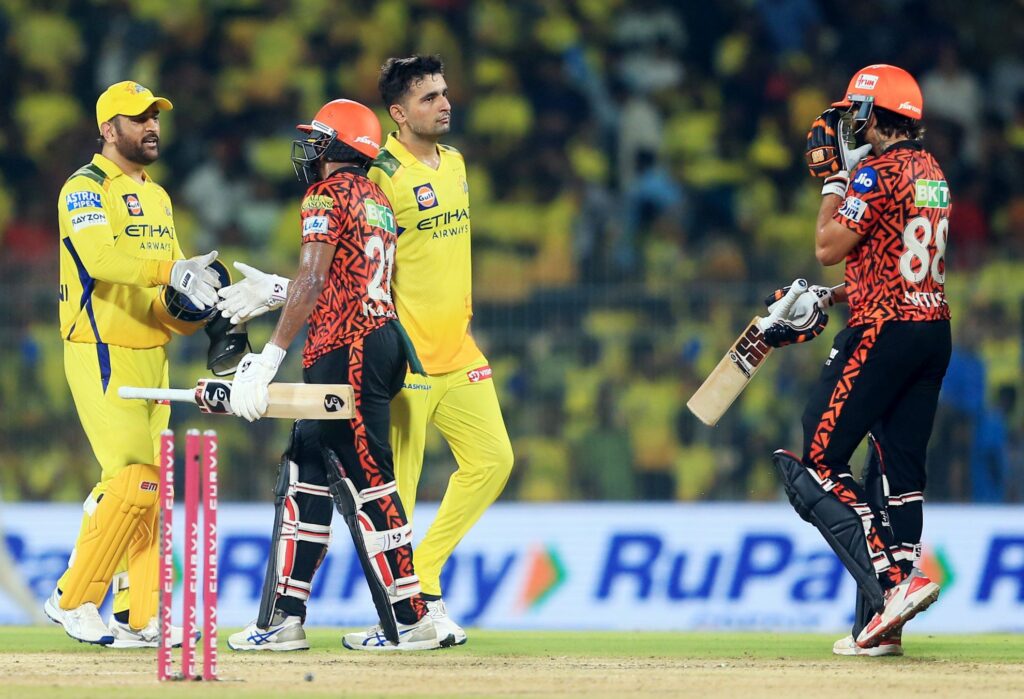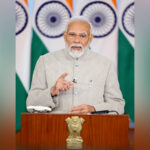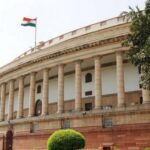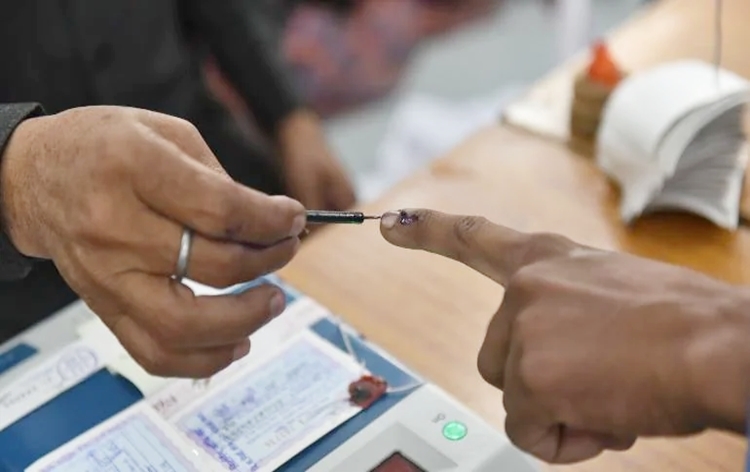How India has stepped up efforts to combat drug smuggling

Minister of State for Home Affairs, Nityanand Rai, said in a written response to a query in the Lok Sabha on Tuesday that India is actively collaborating with neighbouring countries to curb the smuggling of narcotic drugs.
The efforts outlined by the minister include:
i) Signing bilateral agreements with Afghanistan, Myanmar, China, Bangladesh, and Sri Lanka, along with Memoranda of Understanding with Bhutan, Pakistan, Myanmar, and Nepal, focusing on drug-related matters and security cooperation to combat illicit trafficking of Narcotics Drugs & Psychotropic Substance (NDPS) and Chemical Precursors, as well as related offenses.
ii) Intelligence sharing and Controlled Delivery Operations (CD) conducted with neighboring countries. Over the past three years, India has undertaken CD Operations with Pakistan and Afghanistan once each.
Additionally, director general level talks have been arranged with neighboring countries such as Myanmar, Afghanistan, Sri Lanka, and Bangladesh to address various drug-related issues with international implications.
iii) Regular FLO (Field Level Officer) meetings are held between the Narcotics Control Bureau (NCB) of India and the Central Committee on Drug Abuse Control (CCDAC) of Myanmar at the international border to address and resolve drug-related issues affecting both countries.
To tackle the issue of drug abuse, the government has devised and implemented the National Action Plan for Drug Demand Reduction (NAPDDR), which includes:
a) The launch of the Nasha Mukt Bharat Abhiyaan (NMBA) in 272 highly vulnerable districts, later extended to all districts nationwide. This initiative involves extensive community outreach through over 8000 youth volunteers, reaching more than 10.73 crore individuals, including 3.39 crore youth and 2.27 crore women.
b) Support for 342 Integrated Rehabilitation Centers for Addicts (IRCAs), offering treatment, preventive education, awareness generation, counseling, detoxification/de-addiction, aftercare, and reintegration into society. Special de-addiction centers for women and children have also been established.
c) Backing for 47 community-based peer-led intervention (CPLI) centers, focusing on vulnerable children and adolescents, engaging peer educators in awareness generation and life skill activities.
d) Establishment of 74 outreach and drop-in centers (ODICs) providing safe spaces for treatment and rehabilitation, including screening, assessment, counseling, and referral services for substance dependence.
e) Support for Addiction Treatment Facilities (ATFs) in government hospitals, with 66 ATFs established across the country.
f) Setting up of 53 district de-addiction centres (DDACs) providing comprehensive services under one roof.
g) Operation of a toll-free helpline (14446) for de-addiction, offering primary counseling and immediate assistance.
h) Regular awareness and sensitization sessions conducted by government bodies like the National Institute of Social Defense (NISD), State Council of Educational Research and Training (SCERTs), Kendriya Vidyalaya Sangathan, etc., for all stakeholders, including students, teachers, and parents.
i) Development of Navchetna Modules and teachers’ training modules by the Ministry of Social Justice & Empowerment (MoSJE) for sensitizing students, teachers, and parents on drug dependence, coping strategies, and life skills.
j) A notable 37% increase in individuals seeking counseling and de-addiction services from Ministry of Social Justice & Empowerment (MoSJE) supported centers since the launch of the Abhiyan in 2022.


